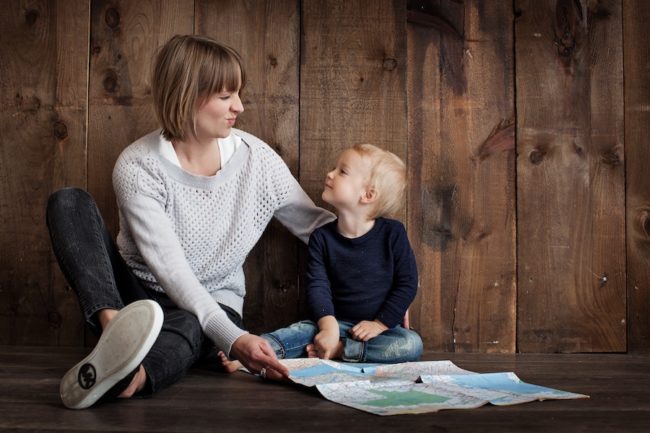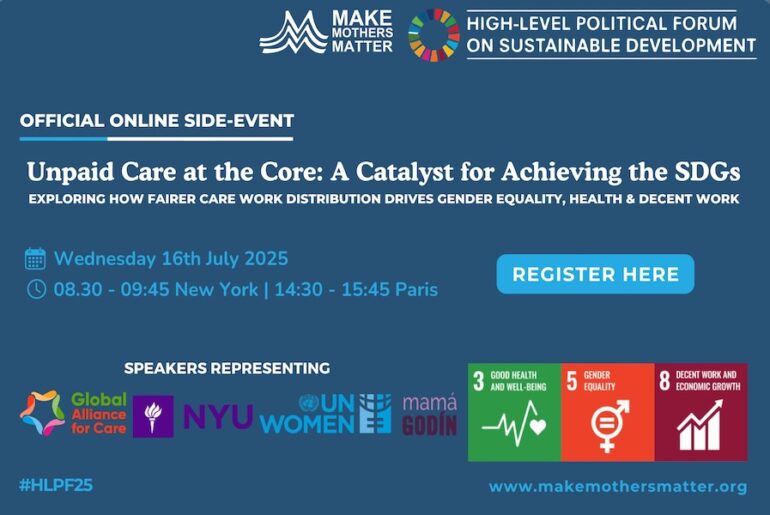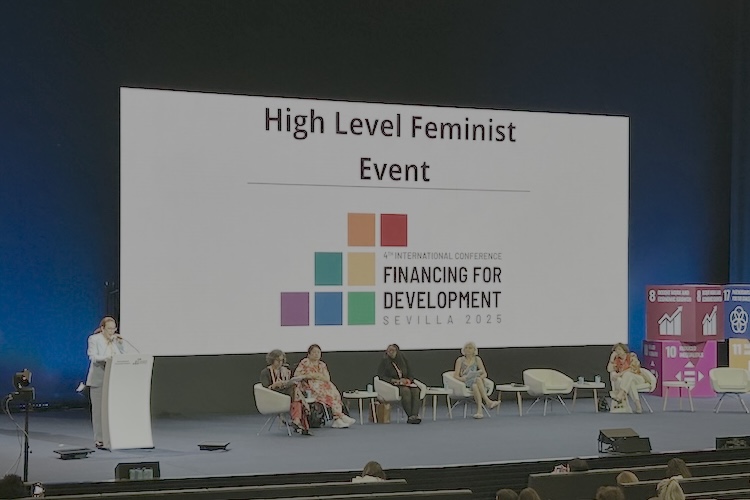Parents and the society as a whole must be educated on child development and supported to provide security and nurturing care to their children
09.07.19
UN Geneva, Human Rights Council - MMM took the opportunity of a discussion on Human Rights to reaffirms a child's rights to develop to their full potential and the importance of supporting and educating parents and other caregivers - also for building sustaining peace.

The Vienna Declaration and Program of Action, which was adopted by the UN Member at the 1993 World Conference on Human Rights, reaffirms the principle of “first call for children” – a principle which is especially critical during Early Childhood.
Research has shown the significant negative impact that violence and abuse, or even neglect, can have on a child’s physical, emotional and cognitive development. This can jeopardize their future success at school, and in turn their ability to participate and contribute to society later in life.
Giving a child the best start in life begins with investing in maternal health care, quality childcare and preschools, and targeting the most vulnerable families.
But it also means educating parents, other caregivers, and the society as a whole on child development, on the importance of providing security and nurturing care to their child, as well as on positive parenting. In addition, parents, especially mothers, must be emotionally, socially and economically supported in fulfilling their nurturing and educational responsibilities so that their children and the whole family can thrive.
Every child has the right to live free from fear, free from want and should have the opportunity to develop their full potential.
Investing in Early Childhood Development is also one of the best investments a country can make, because it means building a better future for all generations to come. And ultimately, it also means building sustainable peace.
Chiara Dedeken, our intern at the UN Geneva, delivered this message during the General Debate on the follow-up to and implementation of the Vienna Declaration and Programme of Action which took place on 8 July during the 41st session of the UN Human Rights Council.
MMM Oral Statement on the importance of prioritising early childhood education and care
Envisioning care as a common thread to global crises
29.07.24
UN New York - Our virtual HLPF side-event brought together experts to shed light on how the various global crises we face (in particular climate change and other environmental crises,
We call for multi-stakeholder approach to recognise and support unpaid care work
21.07.24
UN New York - Participating in the meeting of the UN Economic and Social Council (ECOSOC) on care and support systems, MMM reaffirmed the principle of co-responsibility, which should underpin
The New EU Gender Equality Roadmap : A Call for Inclusion of Mothers
04.03.25
The European Commission’s initiative on a new Gender Equality Roadmap post-2025, marks a significant step forward in addressing gender disparities across the European Union. Make Mothers Matter (MMM








